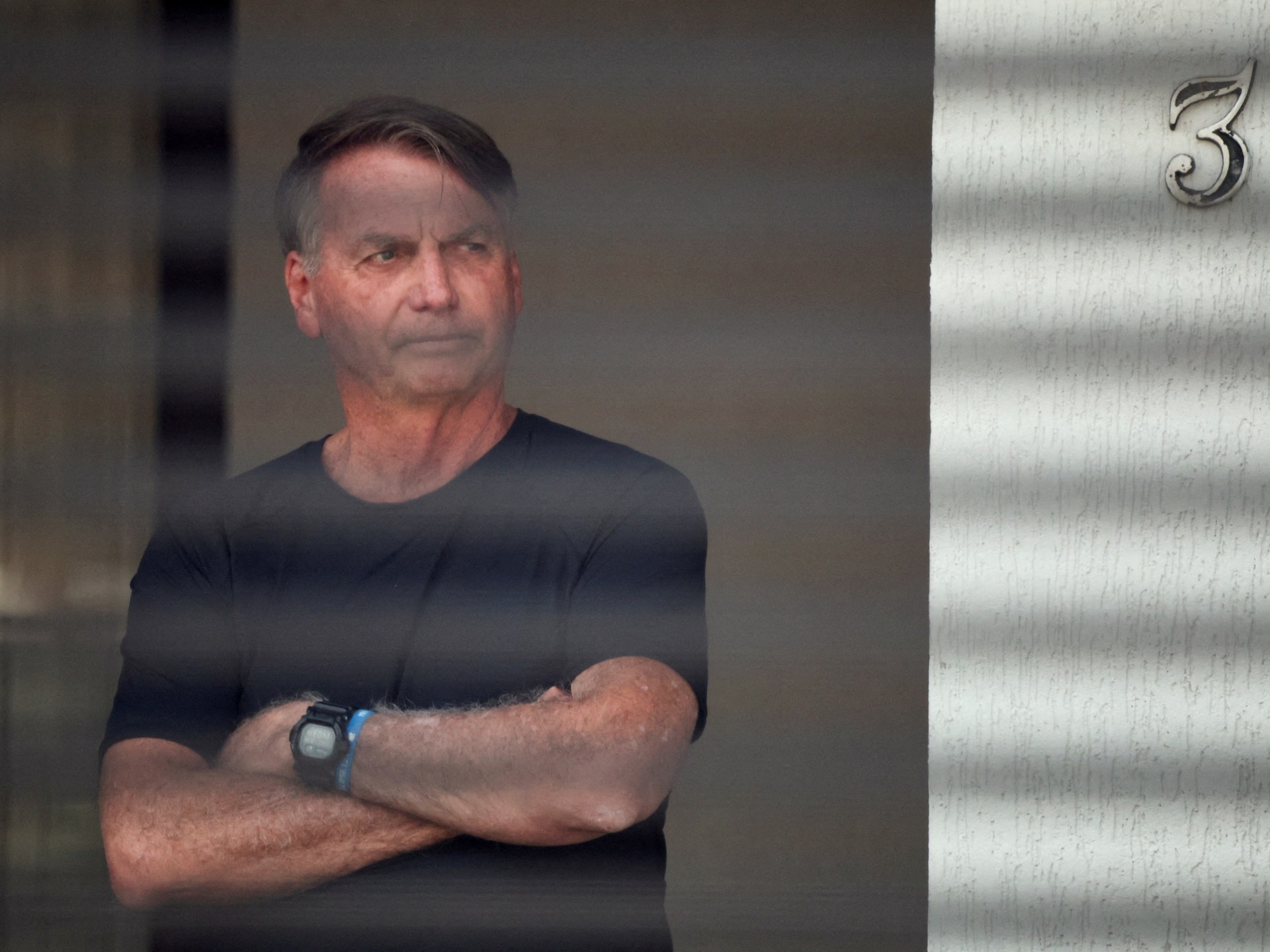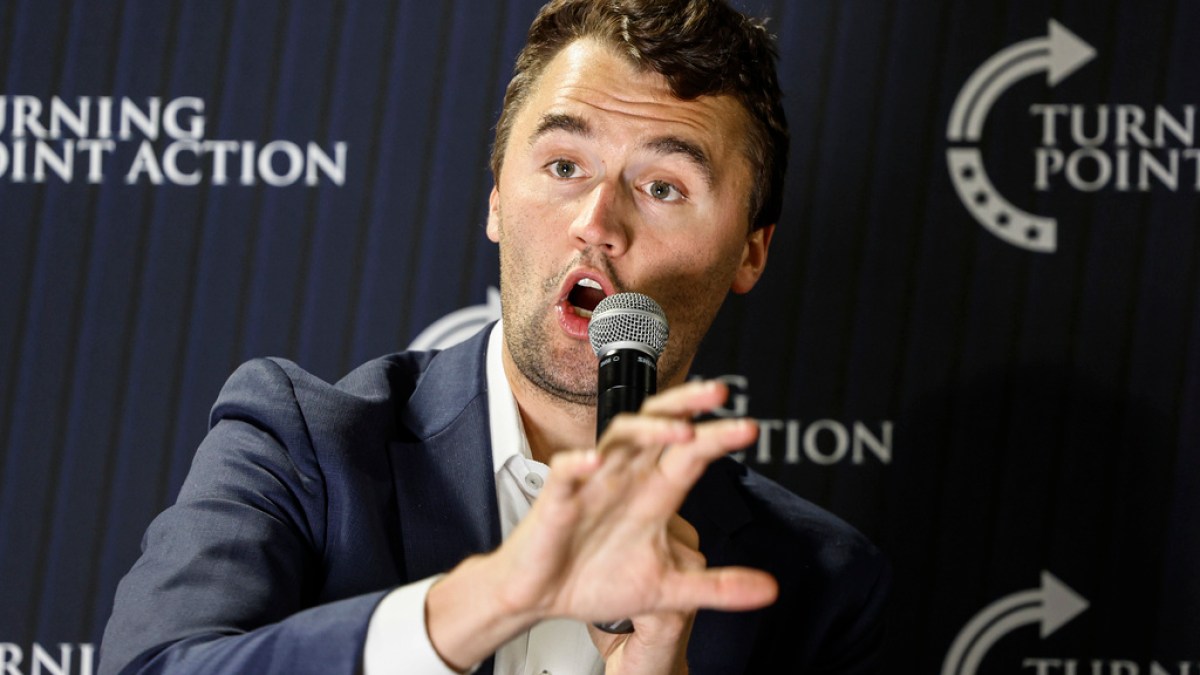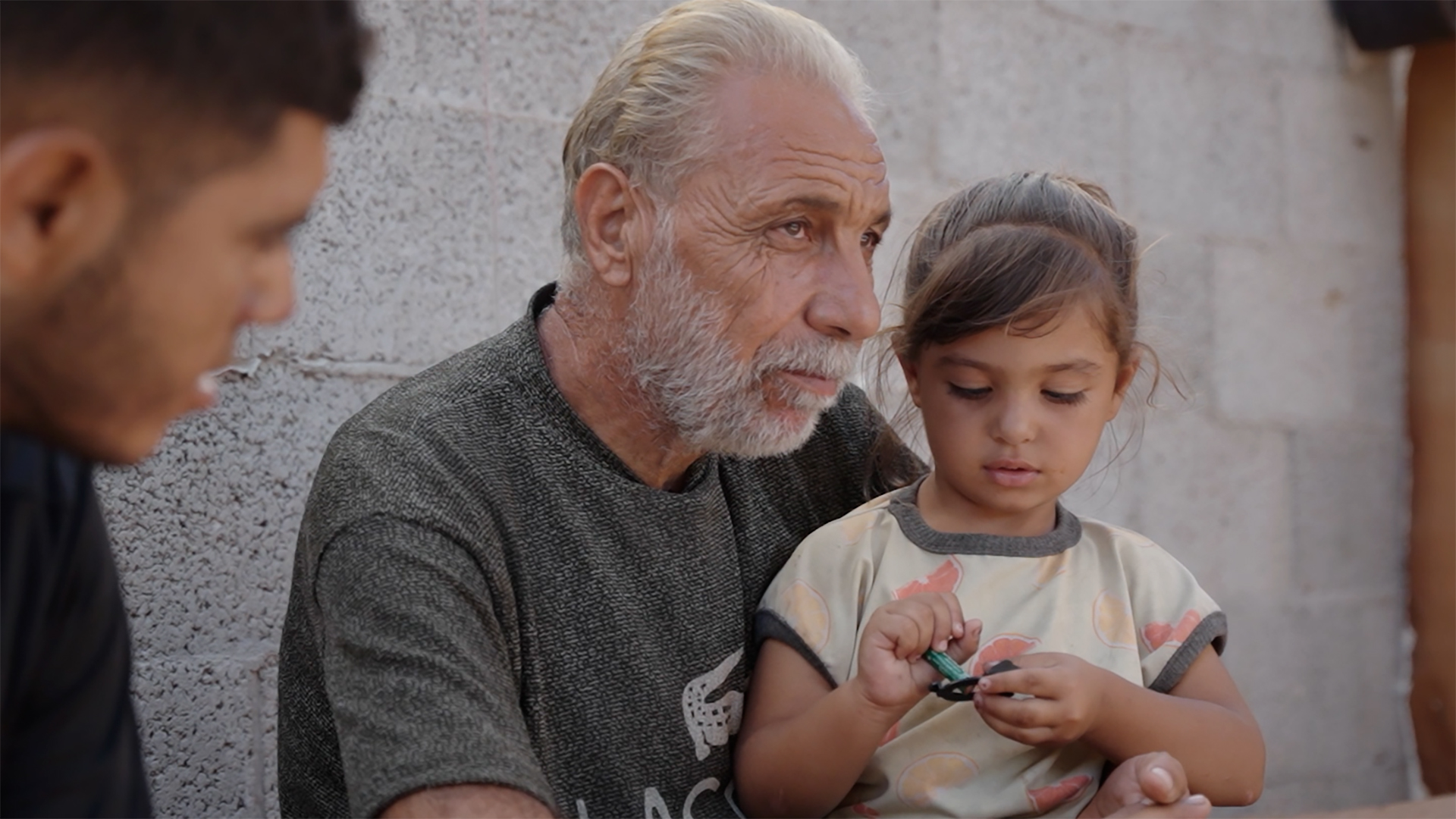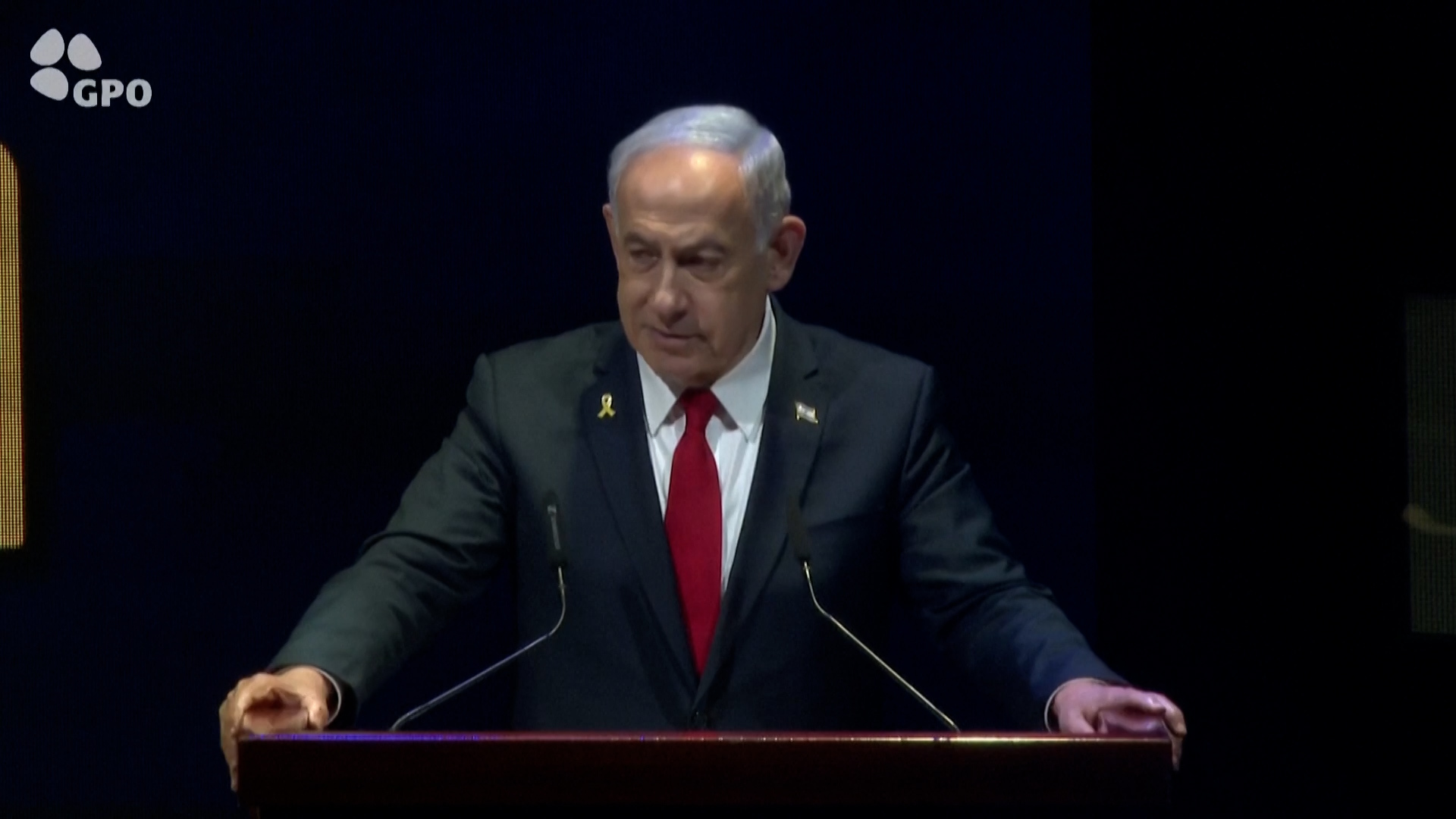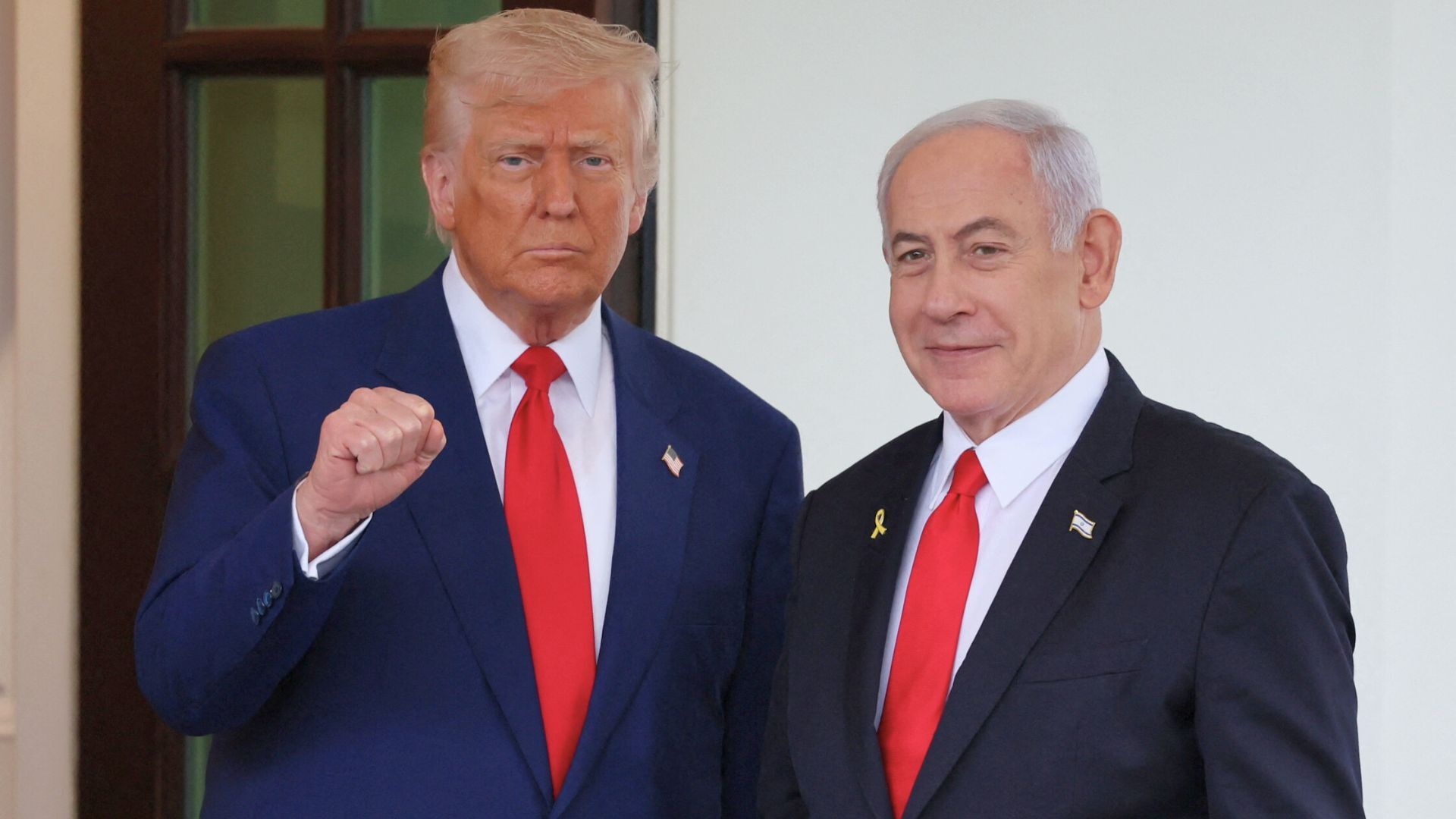Former Brazilian President Jair Bolsonaro has been sentenced to 27 years and three months in prison, shortly after a majority of a Supreme Court panel voted to convict him on charges related to an attempted military coup.
On Thursday, four out of five of the justices had found Bolsonaro guilty of trying to illegally retain power after his 2022 electoral defeat to President Luiz Inacio Lula da Silva.
Recommended Stories
list of 3 itemsend of list
Justice Carmen Lucia said there was ample evidence that Bolsonaro acted “with the purpose of eroding democracy and institutions”.
A fourth judge, Justice Luiz Fux, broke with his colleagues on Wednesday and voted to acquit the 70-year-old former president of all charges.
Currently under house arrest, Bolsonaro faced up to 40 years in prison after being found guilty on five charges, including leading a “criminal organisation” to conspire to overthrow Lula.
Still, Fux’s vote could invite challenges to the ruling.
Bolsonaro has maintained he will run for president in 2026, despite Brazil’s top electoral court barring him from running in elections until 2030 for spreading unfounded claims about Brazil’s electronic voting system.
The Supreme Court also convicted seven co-conspirators, including former defence minister and Bolsonaro’s 2022 running mate Walter Braga Netto; former Defence Minister Paulo Sergio Nogueira; Bolsonaro’s former aide-de-camp Mauro Cid; his military adviser Augusto Heleno Ribeiro; former Justice Minister Anderson Torres; former naval chief Almir Garnier Santos; and ex-police officer Alexandre Ramagem.
Reporting from Brasilia, Al Jazeera’s Lucia Newman said the sentencing, which was originally scheduled for Friday, was unexpected.
“It’s extremely significant and also a surprise,” she said. “The last of the five justices gave his guilty verdict just a short time ago, and then he and the remaining four had to calculate what the sentence would be.”
“We have to keep very much in mind that this may or may not happen immediately,” she added. “Bolsonaro’s lawyers and that of the other seven co-defendants still have some legal wiggle room here.”
“Apart from that, the supporters of Bolsonaro in Congress have already submitted an amnesty law, hopefully to get Bolsonaro off the hook,” she said.
United States President Donald Trump has called his ally’s trial a “witch-hunt”, hitting Brazil with 50 percent tariffs, imposing sanctions against the presiding judge, Alexandre de Moraes, and revoking visas for most members of Brazil’s high court. Trump said on Thursday that he was very unhappy about Bolsonaro’s conviction.
In a statement, US Secretary of State Marco Rubio said the US would “respond accordingly to this witch-hunt”.
“The political persecutions by sanctioned human rights abuser Alexandre de Moraes continue, as he and others on Brazil’s supreme court have unjustly ruled to imprison former President Jair Bolsonaro,” Rubio said.
Antiestablishment anger
Bolsonaro, a former army captain and paratrooper, became known for his defence of Brazil’s two-decade military dictatorship after being elected to the back benches of Congress in 1990 in the early years of Brazil’s democracy.
He never hid his admiration for the military regime, which killed hundreds of Brazilians from 1964 to 1985.
In one interview, he said Brazil would only change “on the day that we break out in civil war here and do the job that the military regime didn’t do: killing 30,000”. He was referring to leftists and political opponents.
Later, he surfed on mass protests that erupted across Brazil in 2014 during the sprawling “car wash” bribery scandal that implicated hundreds of politicians – including Lula, whose conviction was later annulled.
His antiestablishment anger helped elevate him to the presidency in 2018, and dozens of far-right lawmakers were elected on his coattails, creating roadblocks to Lula’s progressive agenda.
Facing a close re-election campaign against Lula in 2022 – an election Lula went on to win – Bolsonaro’s comments took on an increasingly messianic quality, raising concerns about his willingness to accept the results.
“I have three alternatives for my future: being arrested, killed or victory,” he said in remarks to a meeting of evangelical Christian leaders in 2021. “No man on Earth will threaten me.”
Bolsonaro maintains a solid political base within Brazil, and the verdict is expected to be met with widespread unrest.
